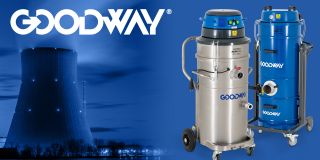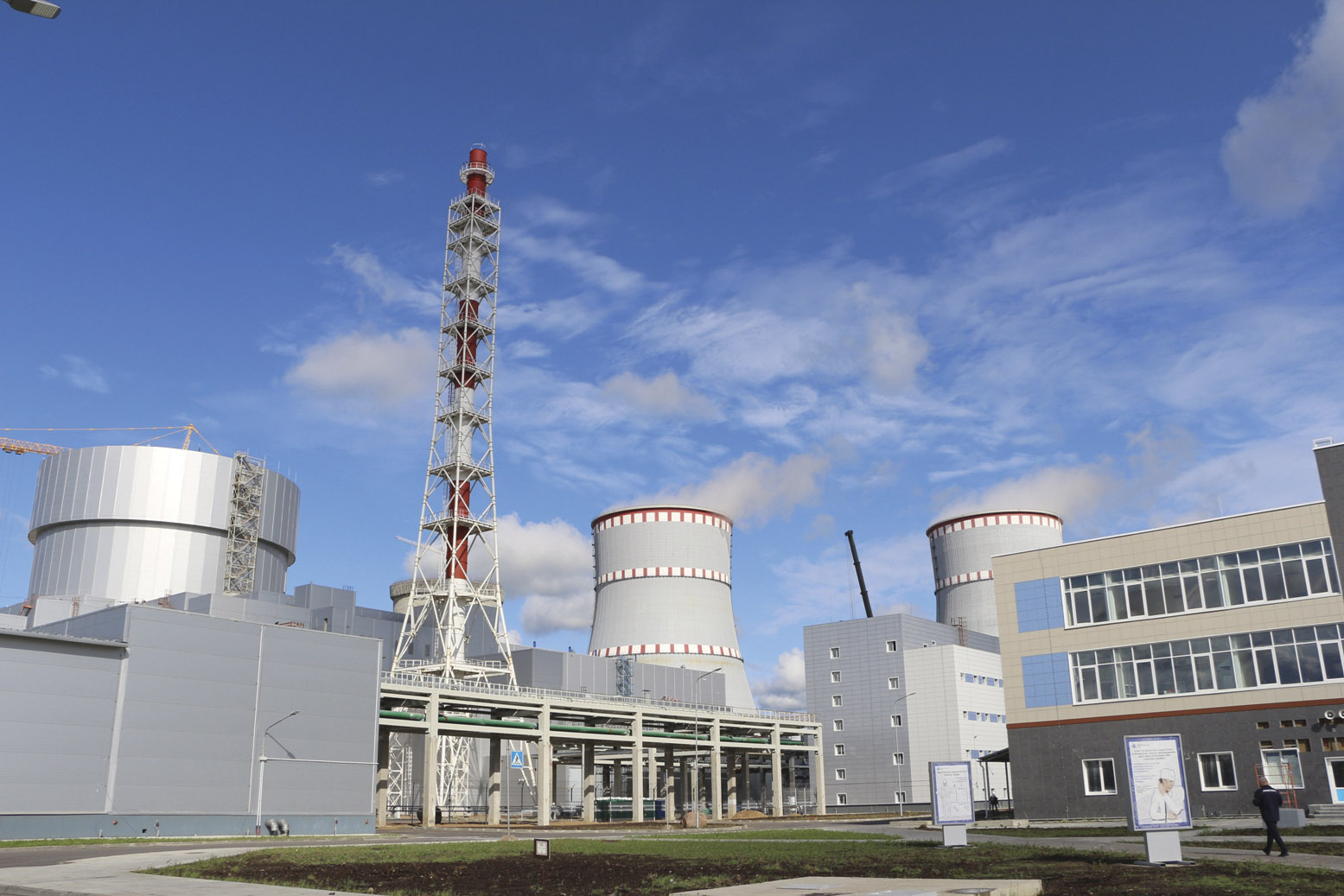GlobalData: China to pass U.S. nuclear capacity in six years
China is on track to overtake the United States in nuclear power capacity by 2026, according to GlobalData, a U.K.-based research and analytics company.
More than 160 GW of nuclear capacity will likely be added globally between 2020 and 2030, some 66 percent of which is anticipated to take place in China, India, and Russia, the company reported on September 9. China alone is set to account for more than 50 percent (83 GW) of the new capacity, followed by India with 8.9 percent (14.5 GW) and Russia with 6.4 percent (10.5 GW). GlobalData also projects that during the same period, more than 76 GW of nuclear capacity will be retired.



